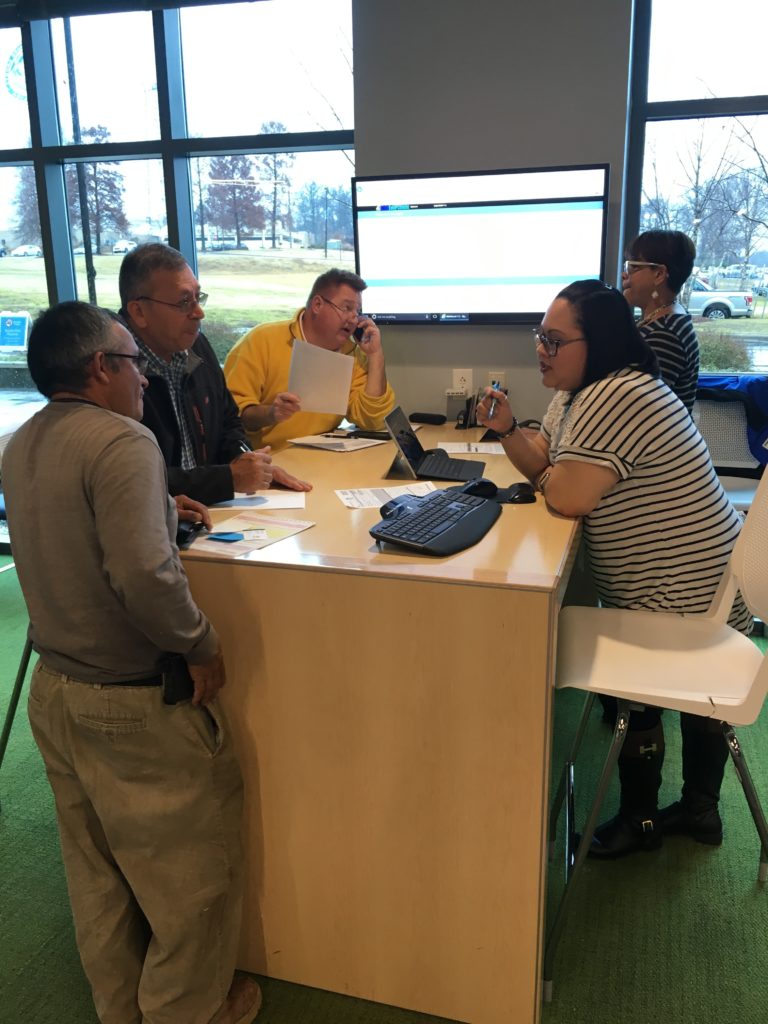This is an update to a 2018 blog by Shannon Calabro.
Home improvement shows have a way of making you feel like, “I could do that! Right??” Before you start knocking down walls, consider whether or not your project requires a permit (and get one if it does). You need a residential permit for many home improvement projects, even if you’re doing the work yourself. It’s not just to add another task to your to-do list. When a permit is required, it’s usually because the work has a direct impact on life safety.
We know what you’re thinking: there are SO MANY things you can do to your home! So how do you know what needs a permit? Here are a few examples:
(Some) Home Improvement Projects that Typically Require a Permit
- Adding, replacing or upgrading a deck
- Pools
- Repairs to piers or floor joists in crawlspaces under the house
- Adding new light fixtures
- Adding or converting a room (like a garage to extra living space or a porch to a sunroom)
- Significant kitchen and bathroom upgrades
- Switching out or upgrading major appliances like hot water heaters or HVAC units
- Installing a ceiling fan
See our more detailed guide for homeowners.
While this list covers some of the most common projects our Code Enforcement team sees, there may be others you’re considering. So, know this: if the project costs more than $20,000, you need a permit. If it involves any structural elements or any electrical, mechanical, or plumbing system, you need a permit no matter how much it costs.
Homeowners vs. Contractors

Who’s doing the work can make a difference. Some projects might require a permit if the homeowner is doing the work (switching out a like-for-like hot water heater or ceiling fan, for example). A North Carolina-licensed plumbing, mechanical or electrical contractor can do the same work under their license without a permit. Other work requires even licensed contractors to get a permit.
Whether you do the work yourself or hire a contractor, it’s your responsibility as the homeowner to ensure all necessary permits are obtained before work begins. Doing work without a permit is dangerous and bringing it into code compliance can be expensive. Working without a permit can also cause big problems down the road if you sell your home or want to do more work. So when in doubt, check with the Code Information & Resource Center (CIRC) first!
Getting Residential Permits
So now that you’ve figured out whether your project needs a permit, the next step is to get one.
- Permits will be issued to the person actually doing the work. Homeowners should carefully monitor the progress of projects on their property, including whether permits have been issued and inspections successfully completed. Track online by looking up permits on your property. Inspections results are listed as they’re completed.
- For most small projects, permits can be issued in a few days. Some are even issued instantly online. Major renovations may take a bit longer, so allow for extra time.
- Multiple inspections are required for some projects to make sure the work has been done correctly at each phase. The CIRC can help you figure out how many inspections your project might need.
- Permits expire in six months if no inspections are requested. Once inspections begin, the expiration clock is reset to one year. It’s important for homeowners to monitor permits that may be expiring, even if that permit was issued to a contractor. An expired permit can have negative impacts if the homeowner tries to sell the property in the future. If you find expired permits on your property, call our Customer Service Center at 980-314-CODE(2633) or email us.
- Homeowners acting as contractors will need the address of the property, a description of the project, and possibly some simple drawings prepared to start the permitting process. You’ll also need to set up a homeowner account through our Revenue Collections team.
- Important note: Each town or city may have different planning or zoning ordinances that impact your project. So check with the zoning department where the project is located BEFORE submitting a permit application to Mecklenburg County Code Enforcement.
Here to Help
Our staff is happy to help you at all stages of your project. (In fact, Code Enforcement employees have won County Customer Service Hero awards!) If you’re not sure if your project needs a permit, need help starting the application, have questions about inspections or residential permits in general, give us a call! Dial 980-314-CODE then follow the prompts for customer service. You can also stop by Code Enforcement’s offices at 2145 Suttle Avenue in Charlotte.
